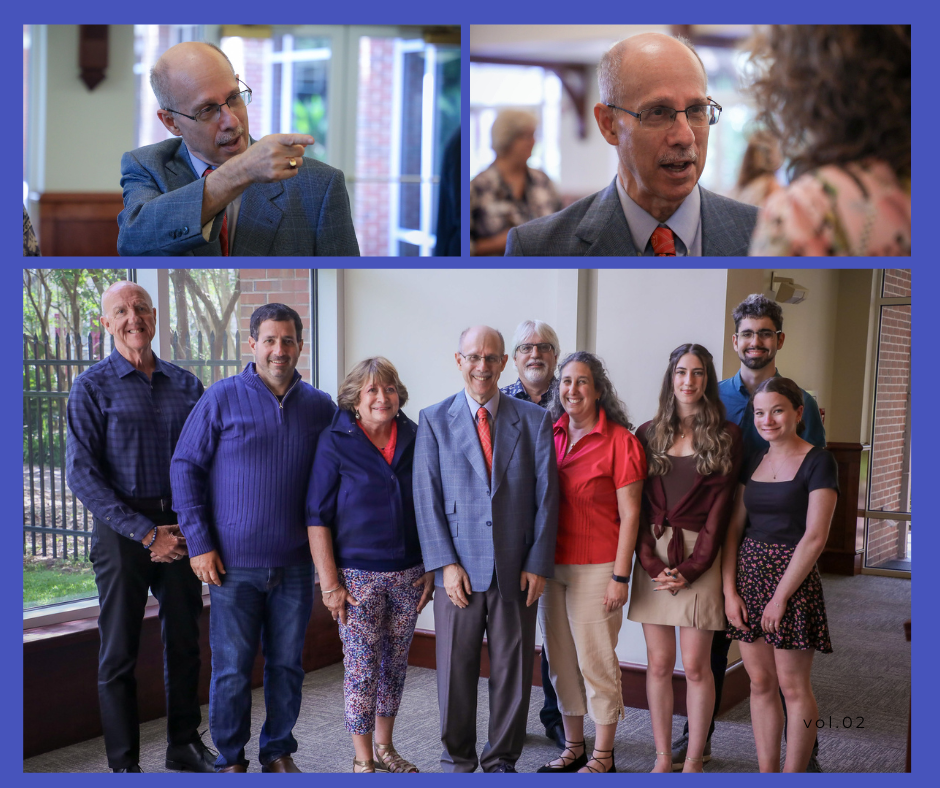After getting his PhD in 1974 on the role of memory in chess expertise, using punch card decks to send data analyses through IBM mainframes, Neil spent his next three years as an assistant professor at Wilfrid Laurier University in Canada, taking a happy stumble into the field of aging. He noticed, in a community-dwelling sample, that older bridge players maintained high level performance despite age-related declines in memory. The paradox of how older bridge and chess players maintained their performance despite normative age-related declines in cognition occupied his first 20 years as he advanced at University of Waterloo (1977-1994) to Professor. It led to his 1984 sabbatical at the Mental Performance and Aging lab at the Boston VA Outpatient Clinic where he collaborated with Bill Milberg on skill acquisition in people with memory disorders ranging from amnesia to Alzheimer’s disease. Those early years in Waterloo, supported by the Natural Sciences and Engineering Research Council of Canada, saw him expand his initial work on aging and skilled problem solving to older worker issues including first steps toward human factors and aging work on technology use. That work was solidified during a 1990 sabbatical at University of Victoria, BC with Roger Dixon and David Hultsch before the start of an interdisciplinary (sociologists, psychologists) Canadian Aging Research Network (CARNET) project headed by Victor Marshall at University of Toronto. Interdisciplinary work became central to Neil’s research efforts with later projects such as the international Workforce Aging in the New Economy (WANE), CREATE, ENHANCE and APPT projects. He spent a summer as a visiting scientist with Paul Baltes at the Max Planck Institute for Human Development and Education (1993) before joining FSU’s new program on expertise founded by K. Anders Ericsson, leading to Neil’s first NIH/NIA grant. An initiative to foster collaborations between FSU and U of Miami led to a career-long collaboration, the Center for Research and Education on Aging and Technology Enhancement (CREATE 1-5) initiated by Sara Czaja and Joe Sharit at Miami, in collaboration with Dan Fisk and Wendy Rogers at Georgia Tech, an award-winning interdisciplinary team of human factors engineers and psychologists, joined in CREATE 3 by Walter Boot. Neil extended his work into other areas, such as age and transportation, doing contracts with Florida DOT, later joining interdisciplinary colleagues at FSU in an engineering-led University Transportation Center directed by John Sobanjo (2013). Neil also worked with industry partners on small business innovation research grants related to aging. Neil was founding director of the Institute for Successful Longevity at FSU (2014) and finishes his full-time work May 31 as the William G. Chase Professor of Psychology and an FSU Distinguished Research Professor with over 200 journal, book, and book chapter publications. His professional association awards include the Jack A. Kraft Innovator award (2013), with CREATE colleagues, from the Human Factors and Ergonomics Society, the Franklin V. Taylor award for Outstanding Contributions in the Field of Applied Experimental / Engineering Psychology, from Division 21 (Applied Experimental and Engineering Psychology) of the American Psychological Association (2016), M. Powell Lawton Distinguished Contribution Award for Applied Gerontology, from Division 20 (Adult Development and Aging) of the American Psychological Association (2016), American Psychological Association inaugural (2016) Prize for Interdisciplinary Team Research, awarded to CREATE, American Psychological Association’s Committee on Aging Award for the Advancement of Psychology and Aging (2018), International Society for Gerontechnology Grandmaster award (2018), and the Gerontological Society of America Richard Kalish Innovative Publication award (2019) for the CREATE book (Czaja, Boot, Charness & Rogers): Designing for Older Adults: Principles and Creative Human Factors Approaches (3rd Edition).
